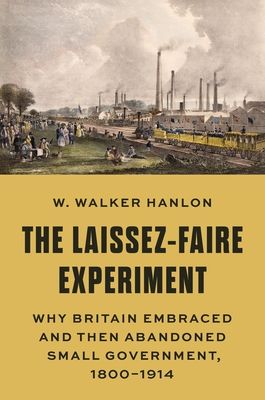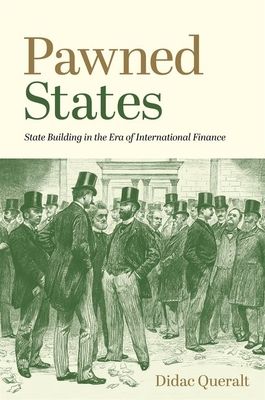
The Laissez-Faire Experiment : Why Britain Embraced and Then Abandoned Small Government, 1800–1914
Hanlon, W. Walker
Leveringstid: 3-10 dager
Handlinger
Beskrivelse
Omtale
Why Britain’s attempt at small government proved unable to cope with the challenges of the modern worldIn the nineteenth century, as Britain attained a leading economic and political position in Europe, British policymakers embarked on a bold experiment with small and limited government. By the outbreak of the First World War, however, this laissez-faire philosophy of government had been abandoned and the country had taken its first steps toward becoming a modern welfare state. This book tells the story of Britain’s laissez-faire experiment, examining why it was done, how it functioned, and why it was ultimately rejected in favor of a more interventionist form of governance. Blending insights from modern economic theory with a wealth of historical evidence, W. Walker Hanlon traces the slow expansion of government intervention across a broad spectrum of government functions in order to understand why and how Britain gave up on laissez-faire. It was not abandoned because Britain’s leaders lost faith in small government as some have suggested, nor did it collapse under the growing influence of working-class political power. Instead, Britain’s move away from small government was a pragmatic and piecemeal response—by policymakers who often deeply believed in laissez-faire—to the economic forces unleashed by the Industrial Revolution.
-
Utgivelsesdato:
10.09.2024
-
ISBN/Varenr:
9780691213415
-
Språk:
Engelsk
-
Forlag:
Princeton University Press
-
Innbinding:
Innbundet
-
Fagtema:
Økonomi, finans, næringsliv og ledelse
-
Serie:
The Princeton Economic History of the Western World
-
Litteraturtype:
Faglitteratur
-
Sider:
504
-
Høyde:
16.8 cm
-
Bredde:
24.4 cm








